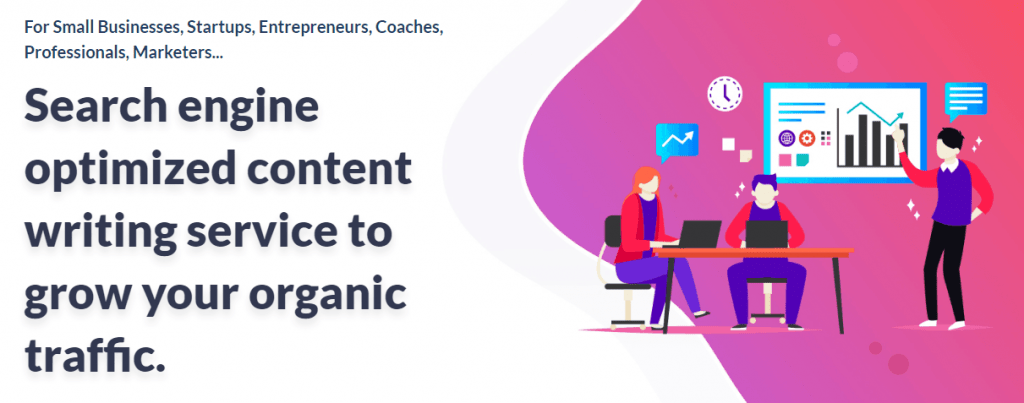What is invoice financing? How can you leverage this collateral-free loan for small businesses to keep your organization going even when invoice payments are delayed? This piece answers these questions and more…
When you are cash-strapped. Or have irregular cash flow. Or have a long invoice pay time.
And, if you are wary of debt, invoice financing – a collateral-free loan – might just be the funding option you need.
But what is Invoice Financing?
Invoice financing is a generic term that refers to various financial products that allow you to finance accounts receivable.
Want to Grow Your Real Estate Business? Download the Complete Grant & Funding eBook for instant access to grants, guides, and more. 80+ Grant and Scholarship Opportunities (FG, State-by-State, General & Underrepresented Groups Scholarships, Plus Grant Writing Checklist). 900+ Copies Sold Already. Get Your Copy Now
Or, in simple terms, it means selling your invoice to a financier for cash. Think of it as a collateral-free loan. All that’s required is your invoice.
It describes a number of asset-based finance facilities by or through which businesses sell their invoices – or accounts receivable – to a third party for a percentage of their value.
It is an effective tool for companies whose growth is handicapped by the slow payment of invoices.
You can obtain up to three times more cash using invoice financing than other traditional forms of raising money such as bank loans, lenders, etc.
Processing invoice financing is also way faster than conventional loans, as the latter may take weeks or months to secure approval for any loan application.
Recommended For You: 10 Available Business Grants In Nigeria to Expand Your Business

Types of invoice financing
There are primarily five methods of invoice financing:
- Invoice factoring – though often used interchangeably with invoice financing, invoice factoring is inherently different from invoice financing. Factoring companies not only advance cash for you but also handle recovering your customers’ money.
- Invoice discounting – also called ‘confidential invoice financing’ because the customer does not know you’re selling the invoice for a cash advance. The lender collects the money from the customer as though they are a part of your organization.
- Selective invoice financing – As the name implies, in this method, you decide which invoice to sell and which to keep. So, instead of turning over all your sales ledger to the lender, you can segment the customers you want to sell their invoices to.
- Spot factoring – You get more control over your invoice than when using selective invoice financing. Instead of selling a customer’s invoices, you drill down to a specific invoice you want to sell. Keep in mind, though, the charge for this method is higher.
- Auctioning online – You can auction your invoice online too. Upload the invoice on auction sites and have companies bid for it. This method gives you even more control over your invoice than all the other invoice financing methods listed above.
How invoice financing works?
This is how invoice financing works:
You continue with whatever business your company was set up for and invoice your customers or clients. Then you send the invoice details to the agreed or corresponding invoice finance provider.
The provider then pays you a particular percentage that you have agreed on, and this payment takes place within 48 hours.
This varies from one organization to the other. And also shows that processing it is way faster than traditional forms of obtaining loans.
Now, you can either chase the payment – as usual – and, if necessary, or the provider handles that aspect for you. This will also be based on the agreement.
And so you will receive the remainder of the invoice amount as soon as the invoice is paid. The agreed service fees will have been deducted by then.
You Might Also Like: The Top 15 Small Business Challenges and How to Navigate Them

Is invoice financing regulated in Nigeria?
In Nigeria, invoice factoring is provided by only a handful of organizations, mainly banks, which are regulated by the central bank of Nigeria.
Some of the Nigerian banks that offer invoice factoring include:
- Stanbic Bank
- Union Bank
- Access Bank
- First Bank
That said, be sure to pay close attention to the following:
- Ensure that you are not tied or cornered into a contract that spans longer than 12 months
- Make sure the contract comes with a clear and unmistakable termination clause
- See to it that every applicable fee is clearly stated
- Termination fees should not exceed two months (minimum) of service fees
Benefits of invoice financing
Here’s a quick rundown of the benefits of invoice financing. For a more detailed read, check out our earlier on how invoice financing can improve your cash flow.
- More flexibility than overdrafts or traditional business loans
- Funding grows in line with the turnover rate of the company
- Decisions to lend against invoices are made much faster
- Helps to mitigate the risks of defaulted invoices or late payment
Recommended For You: Steady Streams Of Organic Leads to Grow Your Business

How to qualify for invoice financing
You must meet these eligibility requirements before applying for invoice factoring.
Keep in mind, though, these criteria vary by organization, so you may want to first check whether you meet each company’s requirements before applying for financing.
- You operate a B2B company
- You must be an LLP or limited company
- Your business does a minimum of 50 Million naira monthly
- You offer a credit line to at least one reputable organization (a multinational company listed on the stock market)
Wrapping it up
Now, you don’t have to worry about a slump in cash flow – of course, you still have to care. With invoice financing, you can easily raise the working cash you need to keep your business running smoothly.
Hand-Picked For You:
- FAQs: How to Start a Business In 2022
- FAQs: How to Grow Your Business In 2022
- FAQs: How to Fund Your Business In 2022

